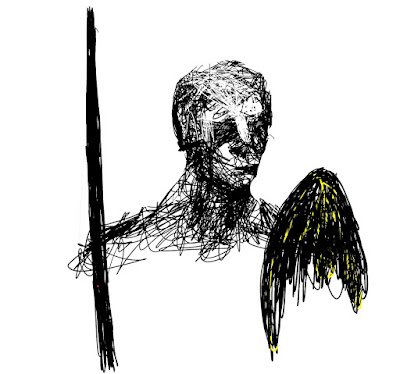Differences between depression and burnout (part 3 of 3)

part 3 of 3 Christina Maslach, who led the contemporary charge at burnout, said it had many presentations but in her view had 3 defining characteristics. These were exhaustion, cynicism, and loss of efficacy. (Efficacy by itself might be vague, but I think of it as a lost ability, not just felt by the one losing it, but also noticed by others.) There are parallels between these 3 defining criteria and the multiple criteria of depression. Difficulty concentrating, or changes in appetite or sleep, or psychomotor agitation or retardation, have a parallel in the loss of efficacy. Perhaps concentration, and efficacy, are not so different. And exhaustion and fatigue, if they were steps of gray, must be dark light gray and light dark gray, on a continuum even if not the same color. But “feelings of worthlessness or excessive or inappropriate guilt,” seem to me quite different from cynicism. Not explicit in the above definition o...

